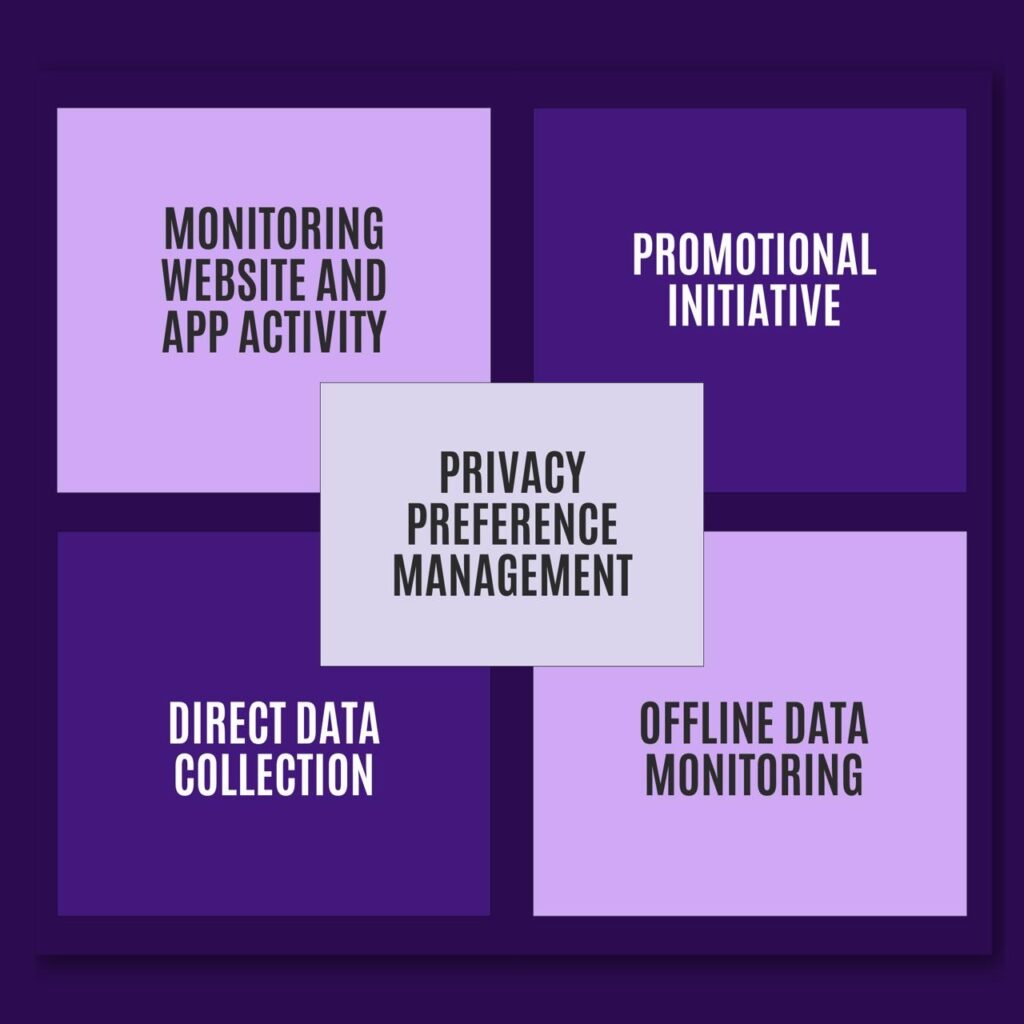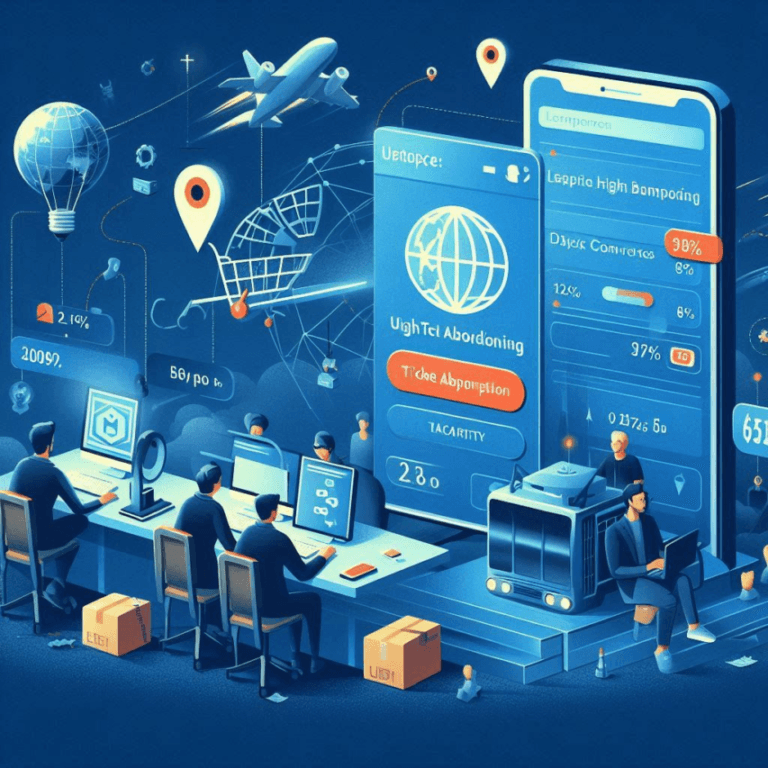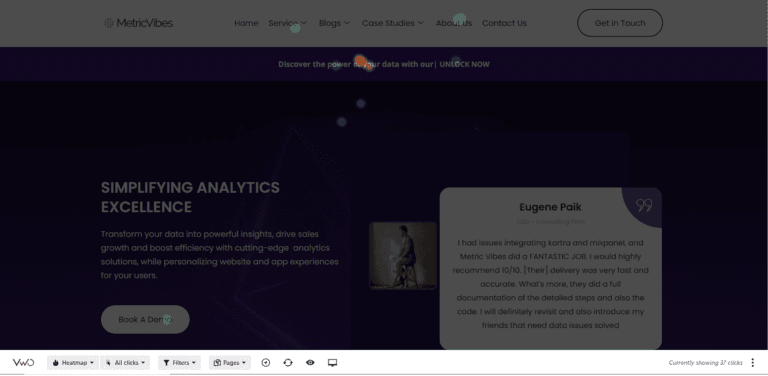Analytics Tracking & Security
The Importance of Data Tracking and Security in Modern Business
Analytics Tracking & Security Services
Website / App Tracking
Website and app tracking involves monitoring user interactions, behavior, and engagement on digital platforms.
Marketing Campaign
Marketing campaigns are strategic efforts to promote products or services. Campaign tracking measures the effectiveness of marketing channels (e.g., email, social media, ads) in driving user actions (clicks, conversions).
Consent Mode
Consent mode refers to managing user consent for data collection and tracking. It ensures compliance with privacy regulations (e.g., GDPR) by adjusting tracking based on user preferences.
First Party Tracking
First-party tracking involves collecting data directly from your website or app. It’s reliable and doesn’t rely on third-party cookies or external domains.
CRM, Offline Data Tracking
Customer Relationship Management (CRM) systems track interactions with customers. Offline data tracking integrates data from in-store purchases, call centers, or other non-digital channels.
Why Your Business Need Analytics Tracking & Security Services
Analytics tools provide real-time insights into user behavior on websites and apps. By tracking page views, session duration, bounce rates, and other key metrics, businesses can identify pain points, improve user experience, and optimize conversion funnels.
Data tracking helps measure the performance of promotional campaigns across various channels. By analyzing metrics such as click-through rates (CTR), conversion rates, and engagement, businesses can adjust their strategies in real time to maximize the effectiveness of promotions and achieve better ROI.
Analytics platforms assist businesses in managing user privacy preferences and ensuring compliance with regulations like GDPR and CCPA. Data tracking allows businesses to log consent, track user opt-ins, and manage cookies, ensuring that they respect privacy preferences while still delivering personalized content.
Data tracking tools streamline the collection of direct data from users through forms, surveys, or interactions. By analyzing this data, businesses can better understand customer preferences, gather feedback, and use these insights to drive product development and customer satisfaction.
Analytics integrates CRM systems with offline data tracking to provide a holistic view of customer interactions. This helps businesses track both online and offline customer behavior, enabling more personalized engagement, improved loyalty programs, and a consistent customer experience across all touchpoints.

Related Blogs

Integrating GA4 with GTM for Enhanced E-commerce Tracking Solutions
Learn how integrating Google Analytics 4 (GA4) with Google Tag Manager (GTM) enhances e-commerce tracking,

Unlock Visitor Behavior: Master VWO Heatmap & Session Recordings
Use VWO heatmap & session recordings to analyze user behavior, connect with customers, meet goals,

How to Master Analytics Practices for DPDP Compliance
Learn how businesses are adapting their analytics practices for DPDP requirements, focusing on data privacy,

The impact of Emerging privacy regulations on analytics practices
Learn how emerging privacy regulations on analytics practices, like GDPR and CCPA, increase costs, limit
Frequently Asked Questions
Data reporting involves transforming raw data into structured formats that highlight key information, trends, and metrics. It includes gathering, sorting, and analyzing data to create actionable insights.
Data reports inform decision-making, track performance, and ensure regulatory compliance. Key Performance Indicators (KPIs) are monitored through reports. Stakeholder communication relies on accurate data reporting.
Administrative: Policies, procedures, and guidelines. Physical: Securing devices and hardware. Technical: Protecting software applications and their contents.
Data security protects digital assets from unauthorized access and misuse. It covers physical devices, software applications, and cybersecurity measures. Cloud data security and big data security are specialized subcategories.
Over 422 million individuals in the US were impacted by data breaches last year. Unprotected data can lead to theft, corruption, financial loss, and reputation damage

